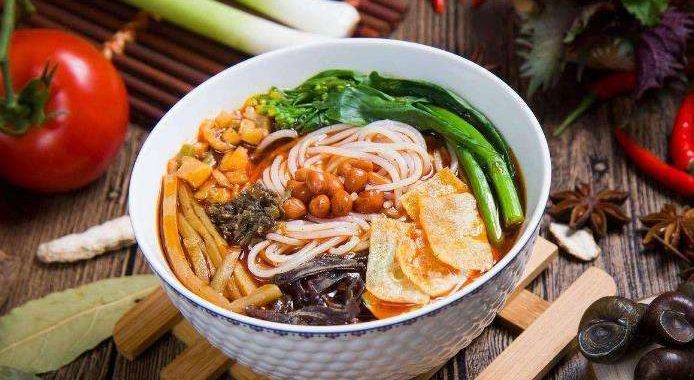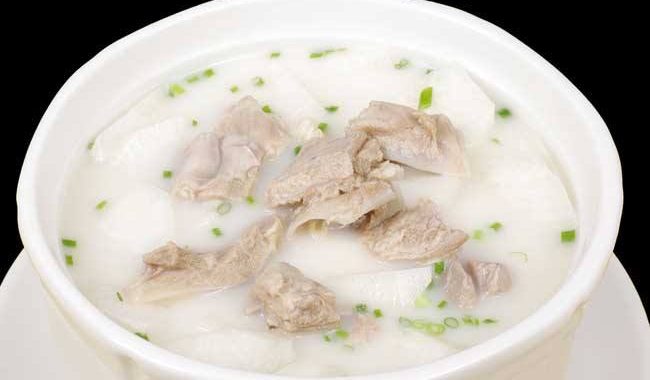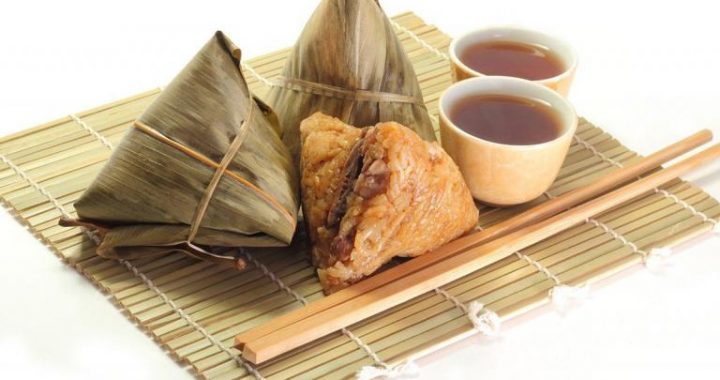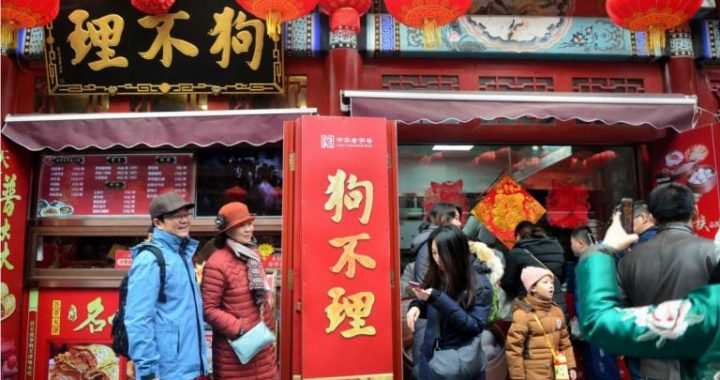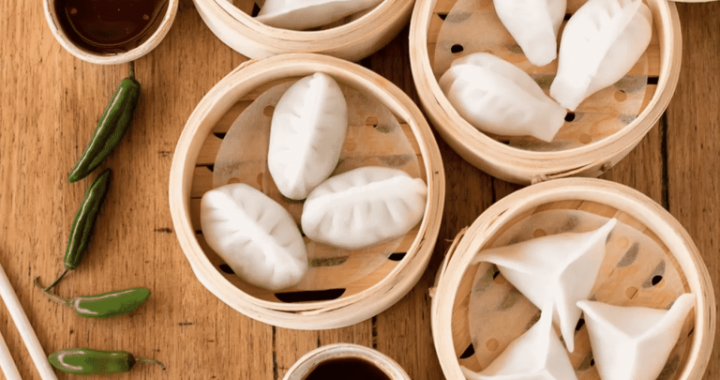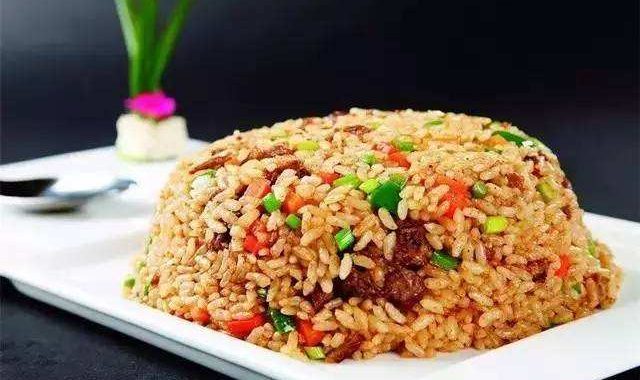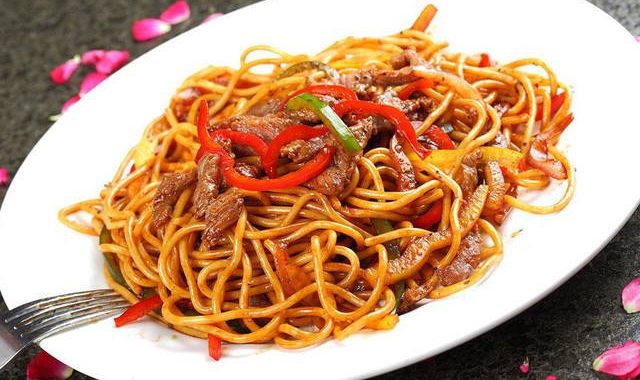Food and holidays
4 min readThe ancient Chinese people believed that even numbers were lucky and odd numbers were unlucky.
However, many traditional holidays are celebrated on odd-numbered days. For instance, Spring Festival falls on the first day of the first lunar month, Dragon Boat Festival falls on the fifth day of the fifth lunar month, Double Seven Festival(celebrating the yearly reunion of the Cowherd and the Weaver Maid in Heaven) falls on the seventh day of the seventh lunar month, and Double Nine Festival(now Elders Day) falls on the ninth day of the ninth lunar month. Why is this? Traditionally, special offerings of fruit and fine food were made to the deities on “double-odd”days, which were considered to be especially inauspicious. In this way, the bad luck of these days was transformed to good, and peace and prosperity ensured. Over the ages, these occasions became established holidays.
Uncooked jiaozi(dumplings with meat and vegetable filling); China’s traditional holidays have a wide range of origins. As holidays became established in Chinese folk culture, they came to be associated with certain foods. For instance, it is traditional to eat jiao-i(dumplings with meat and vegetables filling) and niangao(New Year’s cake made with sticky rice)during Spring Festival; Lantern Festival brings yuanciao (sweet dumplings made with glutinous rice flour); on Dragon Boat Festival people eat song-i(sticky rice wrapped in reed leaves), and on Mid-Autumn Festival, mooncakes.
Boiled jiaozi(dumplings with meat and vegetable filling); The practice of making offerings of food to the ancestors and deities is one of the factors that first linked together holidays and food. Another is the association of food with the seasons. Since the beginning of agriculture, people have gathered together to celebrate the harvest. This is probably the earliest connection between food and festivals. Food also plays a role in the many Chinese holidays that celebrate romantic figures and incidents from history and legend. China’s holidays and traditional holiday foods offer a vivid expression of the Chinese people’s cultural beliefs and values.
Assorted niangao(New Year’s cake made with sticky rice)
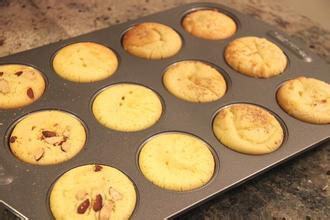
Cold Food Festival falls at the beginning of the fourth lunar month, right before the Festival of Clear Brightness. Legend has it that during the Spring and Autumn Period (770-476 BC), Chong Er, son of the Duke of the State of Jin, was forced into exile. While fleeing with his supporters, he fell ill and had nothing to eat. His devoted follower Jie Zitui cut a chunk of flesh off of his own leg and cooked it for Chong Er to eat. Later, when Chong Er came to power and rewarded his supporters with titles and positions, he unexpectedly forgot to include Jie Zitui. Saying nothing, Jie Zitui left the court carrying his aged mother on his back, and withdrew to a remote mountain for a life of quiet contemplation.
Eventually, the Duke remembered the sacifices of his old supporter, and dispatched an envoy to offer him a position at court. But Jie Zitui, unwilling to accept any reward for his past meritorious actions, refused to reveal his whereabouts. The Duke then had the mountain set on fire to force Jie Zitui to come out and accept his largess. But Jie Zitui stuck to his principles, and he and his mother were eventually found burned to death, clinging to a scorched tree. Later generations paid tribute to Jie Zitui’s staunch character by not lighting any fires and only eating cold food on the anniversary of his death. This is the origin of Cold Food Festival.
Yuan xiao(sweet dumplings made with glutinous rice flour)
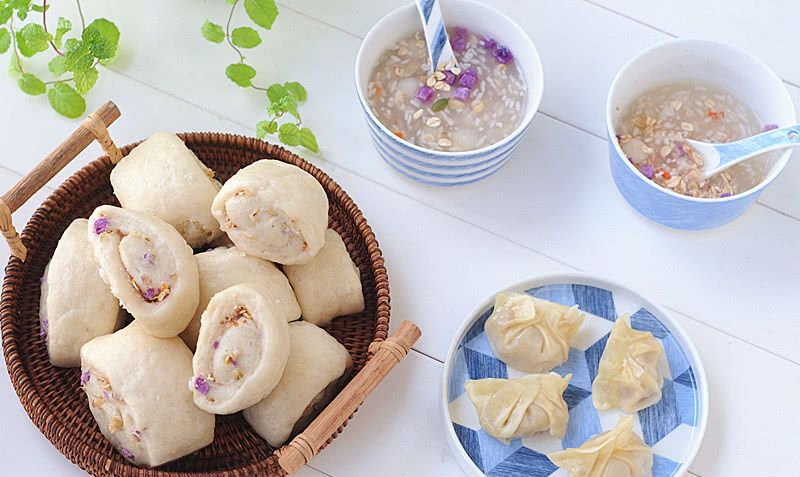
Dragon Boat Festival commemorates Qu Yuan (340-278 BC),a famous patriot of the State of Chu who lived during the Warring States Period (475-221 BC). Qu Yuan was a righteous official who loved his country and people, as well as a great poet. The corrupt and credulous Duke of Chu, believing the slander of jealous flunkies, stripped Qu Yuan of his rank and office. Despairing for his country, Qu Yuan cast himself into the river and drowned on the fifth day of the fifth lunar month. People commemorate Qu Yuan by throwing =ong=i(sticky rice wrapped in reed leaves) into the river on the anniversary of his death, so the fish will eat the song-iinstead of his corpse. This is the origin of Dragon Boat Festival.
Zongzi(sticky rice wrapped in reed leaves)
Making zongzi(sticky rice wrapped in reed leaves)
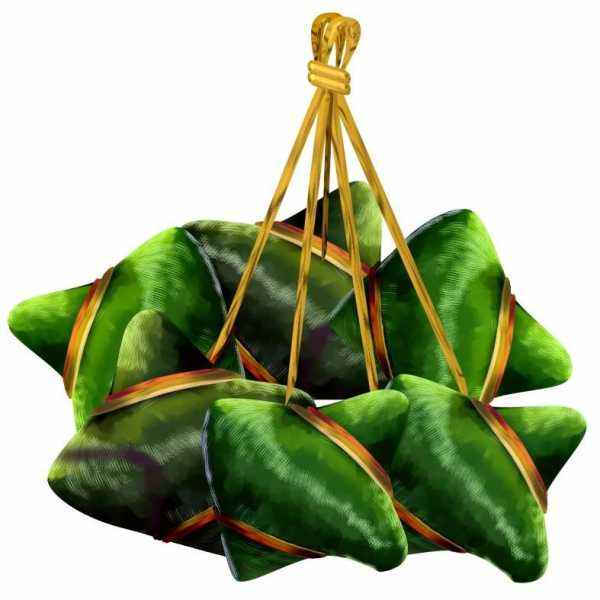
Mid-Autumn Festival falls on the fifteenth day of the eighth lunar month, the day of the harvest moon. People traditionally sit outside late into the night, eating mooncakes and fruit while admiring the full moon. The bright moonlight easily induces flights of fancy, so there are many legends connected with this holiday. One of the most popular is the story of the love between Chang’e and Wu Gang. Chang’e and Wu Gang were a happily married couple, living together in conjugal bliss. But when Wu Gang inadvertently offended the Emperor of Heaven, he was sentenced to work as a woodcutter in the laurel forests of the Palace of the Moon. Unwilling to be parted from her husband, Chang’e risked all to steal a magical potion, and was finally able to fly to the moon where they were reunited.
Different regions and eras have produced a wide range of legends concerning Chinese holidays and their origins. Despite their diversity, these stories all reflect the hopes, dreams, and values of the Chinese people. Over the ages, the use of food in sacrifice, ceremony, and celebration gave rise to theassociation of certain holidays with characteristic foods, as well as numerous traditions concerning how and when these foods are prepared and consumed. Although modern people may not be aware of the origins of traditional Chinese holidays or the ritual functions that food used to play, the connection between food and celebration remains an integral part of Chinese culture.
